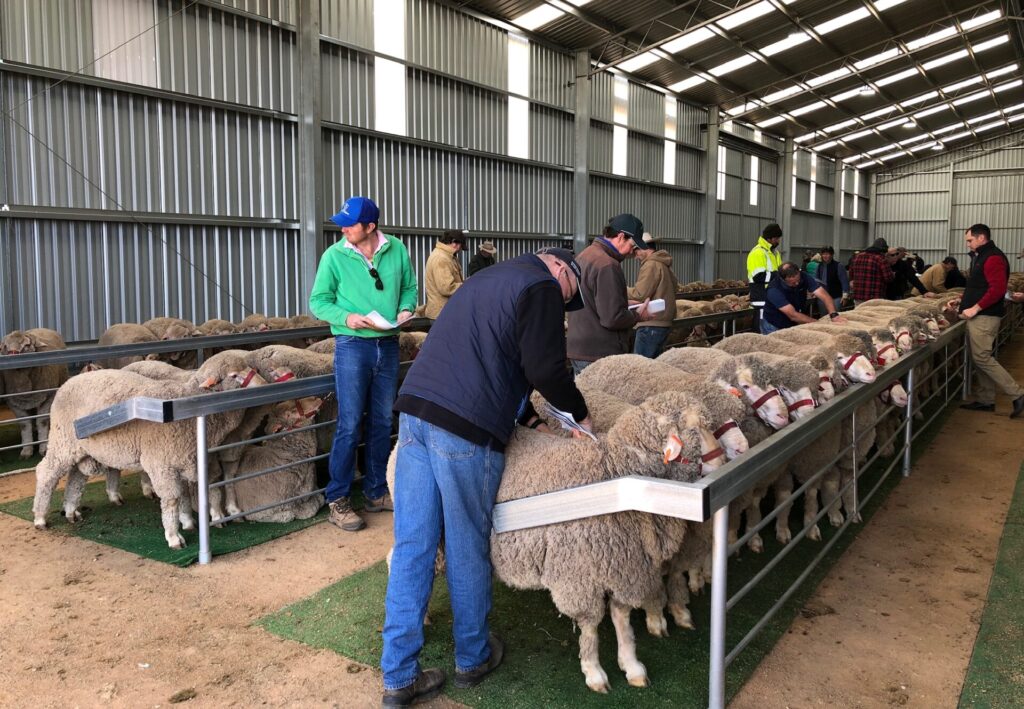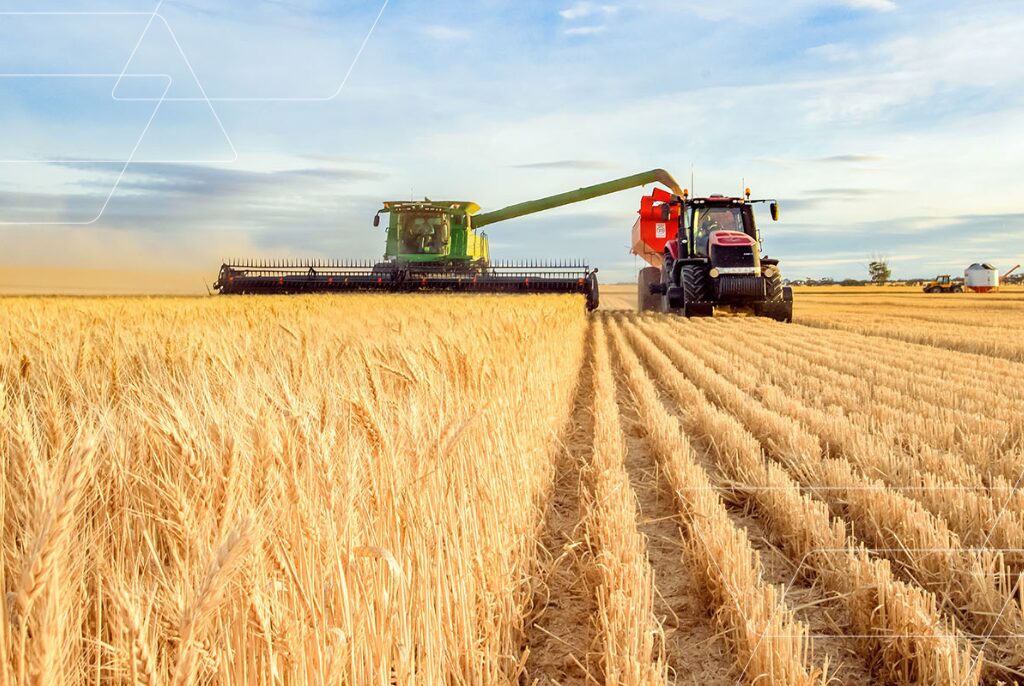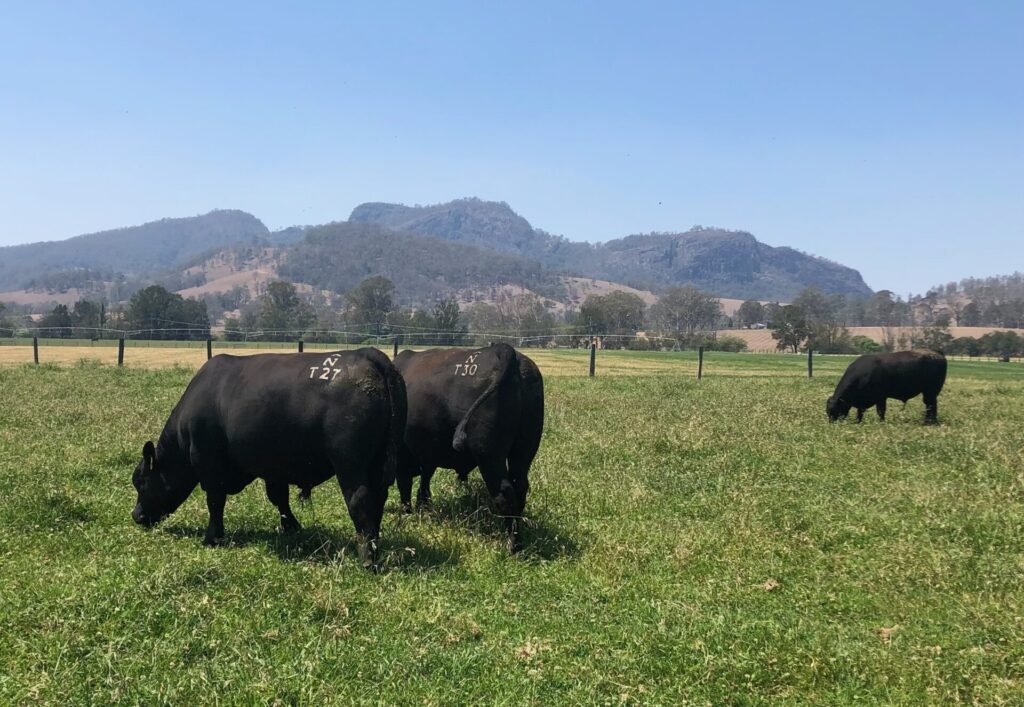Inflation is a term that often evokes concern, but for the agricultural sector, it can be a double-edged sword. While rising prices influence the cost of doing business, they also affect the value of commodities and assets in ways that can present opportunities for farmers and agribusinesses. For Australian farmers, understanding how inflation overlays impact the true value of commodities and expenses is essential for navigating these economic shifts effectively.
What is Inflation, and How Does It Affect Agriculture?
Inflation refers to the rate at which the general level of prices for goods and services rises over time. In agriculture, inflation directly affects:
- Commodity Prices: The value of crops, livestock and other agricultural products often rises with inflation.
- Input Costs: Expenses such as fuel, fertiliser, machinery, and labour also increase, impacting profit margins.
The True Value of Commodities in an Inflationary Economy
When inflation occurs, the nominal value (dollar amount) of commodities increases. However, the true value; what the money earned from selling those commodities can buy, can remain stable or even grow under certain conditions.
- Commodity Price Increases:
- Agricultural products are considered essential goods. As inflation drives up prices, commodities like wheat, beef, or dairy often see their values rise faster than inflation itself due to global demand.
- For example, Australian exports of grains or meat to international markets benefit when the Australian dollar weakens in an inflationary environment, making local commodities more competitive.
- Asset Appreciation:
- Farmland and other agricultural assets typically appreciate in value during inflation, bolstering farmers’ net worth and opening avenues for leveraging equity.
- Global Demand Buffer:
- Agricultural commodities, especially staples, are less sensitive to inflation-related demand fluctuations because they are essential goods.
The Positive Impact of Inflation on Agricultural Expenses
Although rising input costs may seem negative, there are ways inflation can have a positive influence on managing agricultural expenses:
- Debt Advantages:
- Inflation reduces the real value of fixed debts. Farmers with long-term loans may find that their repayments become more affordable over time as commodity prices and incomes increase.
- Incentive for Efficiency:
- Inflation can drive innovation and efficiency, encouraging farmers to adopt cost-saving technologies or methods, such as precision agriculture or renewable energy solutions.
- Strategic Investment in Inputs:
- In periods of moderate inflation, locking in prices for inputs like fertiliser or feed through contracts can protect against future cost increases, helping farmers manage budgets more effectively.
Inflation Challenges: Managing the Balance
While there are positives, inflation also brings challenges that require careful management:
- Volatility in Input Costs:
- Rising costs of fuel, seeds and equipment can strain cash flow, particularly if commodity prices don’t increase at the same rate.
- Supply Chain Pressures:
- Inflation often disrupts supply chains, leading to delays and increased costs for essential inputs.
- Export Market Risks:
- For Australian farmers exporting globally, inflation-driven changes in currency values can affect competitiveness in international markets.
Strategies for Farmers to Navigate Inflation
- Hedging Commodity Prices:
- Use financial instruments to lock in future prices for crops or livestock, mitigating the risks of inflationary swings.
- Optimise Financing Options:
- Work with a trusted financial partner to structure debt effectively, ensuring you can take advantage of inflation’s debt-reducing benefits.
- Invest in Resilient Practices:
- Prioritise investments in technology, renewable energy and sustainable farming practices to control costs and boost productivity.
- Monitor Market Trends:
- Stay informed about inflation forecasts and market conditions to make timely decisions about buying inputs or selling produce.
How LA AgFin Can Help
At LA AgFin, we understand the complexities of inflation and its impact on Australian farmers. Our team is dedicated to providing you with a tailored financial solution:
- Leverage rising commodity values to grow your business.
- Manage rising input costs with smart financing options.
- Protect your cash flow and profitability during inflationary periods.
Final Thought
Inflation is not just a challenge; it’s an opportunity for growth and resilience in the agricultural sector. By understanding its impact on the true value of commodities and strategically managing expenses, farmers can position themselves to thrive in a changing economic landscape.




